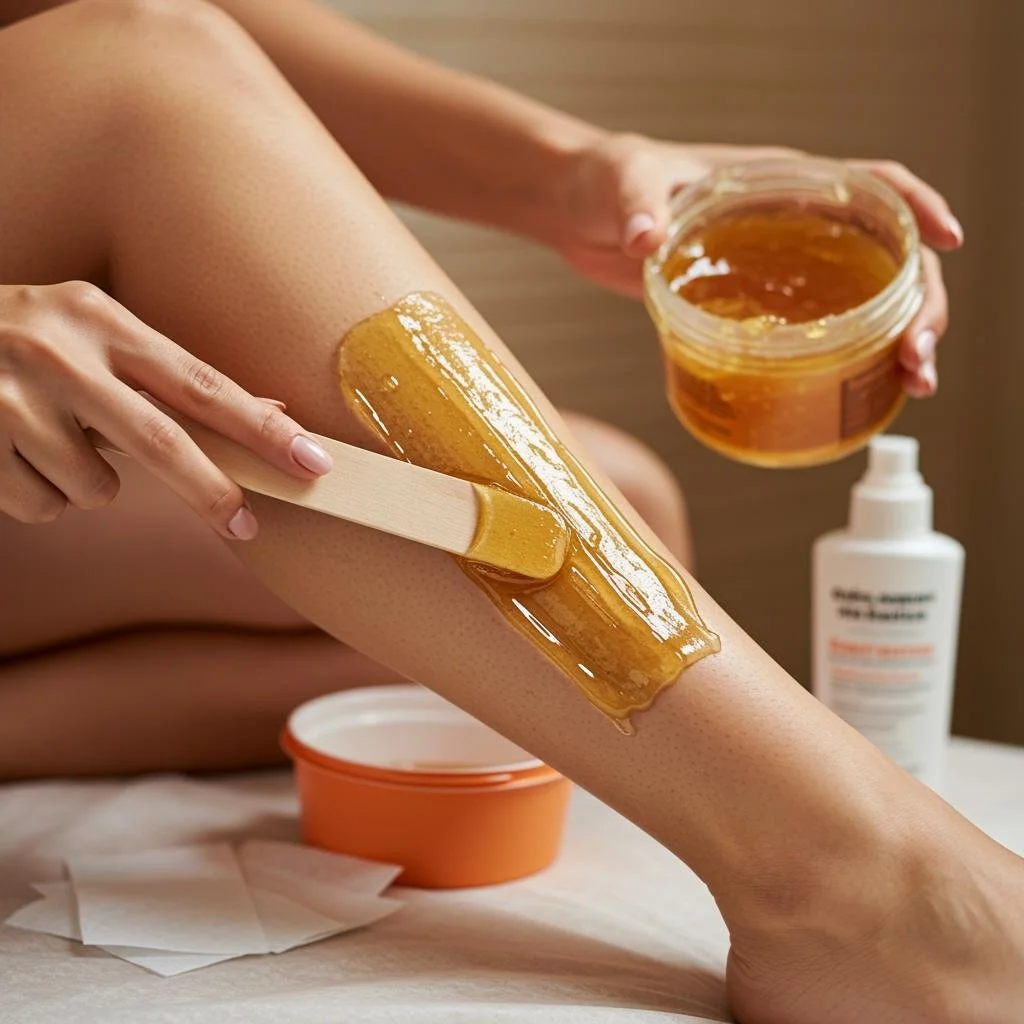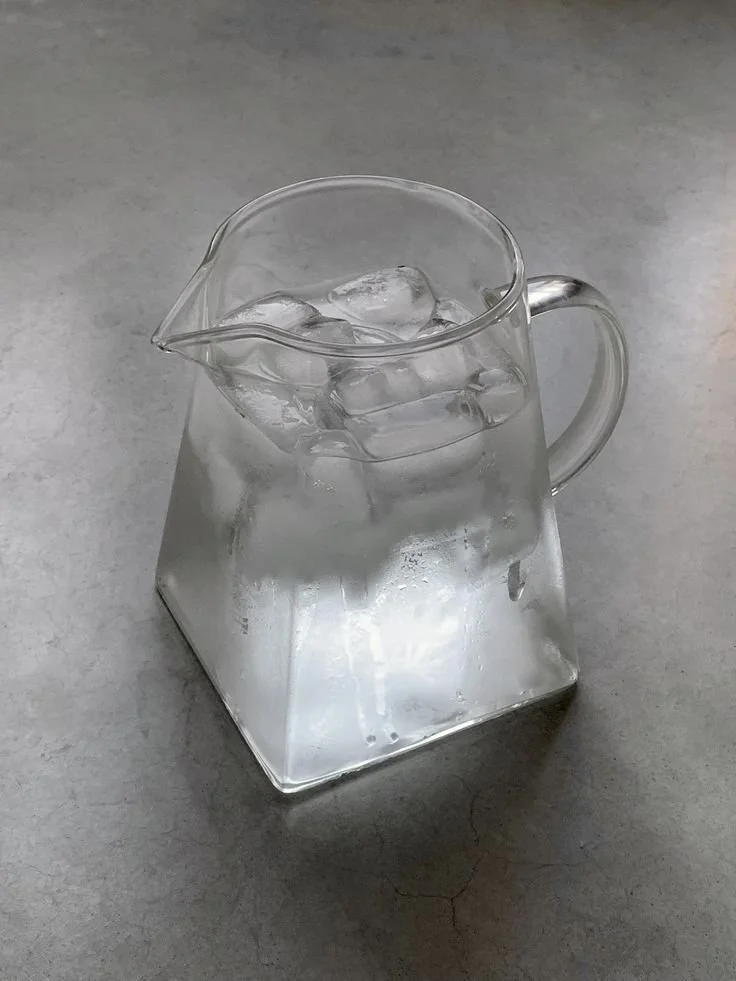TDS levels in water range from moderate to high, which alters the water quality and presents potential threats to well-being. Utilizing an effective water purifier is one of the most adequate methods to reduce or remove TDS from water.
In this article, we discuss the importance of monitoring TDS levels in drinking water and the different techniques for eliminating it.
No. 1
What precisely is TDS?
TDS, or Total Dissolved Solids, refers to the measurement of all inorganic and organic substances that are dissolved in water. This includes salts, minerals, metals, and other particles. TDS is commonly used as an indicator of water quality, with higher levels potentially indicating contamination or the presence of impurities.
Monitoring TDS levels is crucial in various industries like aquaculture, hydroponics, and drinking water treatment. Additionally, TDS meters are often employed to measure the purity of water for consumption or industrial use, ensuring that it meets the required standards for health and safety.
Calcium, sodium, magnesium, potassium, iron, lead, arsenic, carbonates, bicarbonates, nitrates, sulfates, and chlorides are ordinary inorganic particles traced in water. Hydrocarbons, herbicides, insect poisons, fulvic corrosive, and humic acids, as well as a scope of organics from modern effluents, can likewise be traced as broken-up natural matter.
No. 2
Why is the water TDS level so significant?
Total Dissolved Solids (TDS) are a crucial parameter used to measure the concentration of dissolved substances in water. This measurement is significant as it provides valuable insights into water quality and purity. High TDS levels can indicate the presence of contaminants, minerals, or salts, which may affect the taste, safety, and overall suitability of water for various purposes such as drinking, irrigation, or industrial use.
Monitoring TDS levels is essential in ensuring water meets regulatory standards and is safe for consumption. By understanding and managing TDS levels, we can safeguard public health and environmental sustainability.
Water with high TDS levels typically contains a greater concentration of minerals, salts, and other dissolved substances like sodium, potassium, and chloride. While some TDS in water is normal and can even provide essential minerals for the body, excessively high levels can lead to negative effects on taste and water quality.
Water with elevated TDS may taste salty or bitter and appear cloudy or murky. Additionally, high TDS levels in water can also contribute to scale buildup in pipes and appliances, impacting their efficiency and longevity. It's important to regularly monitor TDS levels in water sources to ensure that they fall within safe and desirable ranges for both consumption and everyday use.
High TDS levels in water can indicate the presence of various minerals and impurities. While some minerals like calcium, magnesium, and potassium are essential for our health, high levels of TDS can also introduce harmful substances into drinking water. These harmful substances may include heavy metals like lead, arsenic, and cadmium, as well as chemicals such as nitrates and pesticides.
No. 3
Effects of consumption of high TDS water
Consuming water with elevated levels of these contaminants can pose serious health risks over time, as they may cause organ damage, neurological issues, or even certain types of cancer. Therefore, it is crucial to regularly test water quality and consider investing in filtration systems to remove harmful substances and ensure safe drinking water for you and your family.
Consumption of water with high TDS can lead to a salty or metallic taste, and when used for bathing, it may leave deposits on skin and hair. Treatment methods such as reverse osmosis or distillation can help reduce TDS levels, ensuring water quality and safety for everyday use.
High TDS in water can have varying effects on children, depending on their exposure levels. Children are often more susceptible to the impacts of high TDS due to their smaller size and developing bodies. Increased TDS levels in water can lead to potential health concerns for children, such as gastrointestinal issues, dehydration, and even potential mineral imbalances.
Parents and caregivers must be aware of the TDS levels in the water consumed by children, as prolonged exposure to high TDS can have detrimental effects on their well-being. Monitoring water sources and considering water filtration systems can help mitigate the risks associated with high TDS exposure in children.
No. 4
Impact of High TDS Levels on Drinking Water Quality
High Total Dissolved Solids (TDS) levels in drinking water can negatively affect its quality in several ways:
Taste - Elevated TDS levels can result in a salty or bitter taste, making the water less palatable.
Health Concerns - Consuming water with high TDS levels over time may lead to potential health issues such as kidney stones or cardiovascular problems.
Corrosion - Increased TDS can contribute to corrosion in plumbing systems, leading to leaks and infrastructure damage.
Residue - Water with high TDS levels can leave mineral residue on surfaces like an undersink system, dishes, and appliances, affecting their longevity.
Treatment Difficulty - Higher TDS levels can make water treatment processes less effective and more costly, impacting overall water management.
No. 5
Is low TDS destructive to your body?
Low Total Dissolved Solids (TDS) in water refers to the presence of fewer minerals and salts. While low TDS water is often preferred for its clean taste, there is ongoing debate about its potential impact on the body. Some studies suggest that water with extremely low TDS may lack essential minerals, leading to potential mineral deficiencies over time.
However, others argue that the body primarily obtains these minerals from food sources rather than water. As a result, the effects of low TDS on the body remain inconclusive, and individuals should consider their overall diet and health status when evaluating the potential impact of low TDS water consumption.
TDS is often considered a key factor in determining water quality, but it is not the sole indicator to rely on. While TDS levels can give us insights into the concentration of minerals and salts in water, they do not provide a complete picture of its overall quality. Other factors such as pH levels, specific contaminants like heavy metals or bacteria, and the presence of harmful chemicals are equally important in assessing water safety.
Therefore, relying solely on TDS measurements may overlook potential risks that could affect human health and the environment. It is essential to consider a comprehensive range of parameters when evaluating water quality to ensure drinking water meets the necessary standards for consumption and usage.
A water purifier plays a crucial role in removing impurities, contaminants, and microorganisms that may not be detected by TDS readings alone. Investing in a good water purifier can provide an added layer of protection, especially in areas where water quality is a concern.
By employing various filtration technologies such as reverse osmosis, UV purification, and activated carbon filters, a water purifier can effectively eliminate harmful substances and bacteria, ensuring that the water you drink is truly safe and clean for you and your family.
No. 5
Safe TDS-level requirements
When it comes to water quality, the right TDS level in milligrams per liter is crucial. The TDS level indicates the amount of dissolved minerals and salts present in the water, affecting its taste and safety. Maintaining the correct TDS level ensures that water is suitable for consumption and other uses.
When it comes to TDS-level requirements in the USA, the standards are set to ensure safe and clean drinking water for the population. The United States Environmental Protection Agency (EPA) has established guidelines indicating that the TDS concentration in drinking water should ideally be below 500 milligrams per liter (mg/L).
It is essential to regularly test and monitor the TDS level to guarantee that it falls within the recommended range, typically between 300-500 mg/L for drinking water. Adhering to the appropriate TDS level not only safeguards water quality but also promotes overall well-being.
Water with TDS levels higher than this may have a noticeable taste or appearance, but it does not necessarily pose a health risk. However, extremely high levels of TDS could potentially indicate the presence of harmful contaminants, so it's essential to monitor and maintain TDS levels within the recommended range to safeguard health.
No. 6
How might we lessen TDS in drinking water?
To lessen Total Dissolved Solids (TDS) in drinking water, several strategies can be implemented. One approach is to invest in water filtration systems specifically designed to remove excess minerals, salts, and other impurities contributing to high TDS levels. Regular maintenance and replacement of filters in these systems are crucial to ensure effectiveness.
Additionally, promoting awareness about TDS levels in drinking water and encouraging the use of alternative water sources such as distilled, purified, and alkaline water can help minimize TDS consumption. Collaborating with water treatment facilities to monitor and regulate TDS levels in the water supply is another vital step toward providing safe and clean drinking water for all.
Kangen water, known for its optimal hydration properties, has been reported to be effective in reducing high levels of total dissolved solids (TDS) in water. With its alkaline nature and antioxidant potential, Kangen water may help neutralize free radicals and decrease the concentration of minerals and impurities in water that contribute to high TDS readings.
By using a process called electrolysis, Kangen water machines are said to produce ionized water that can potentially help in achieving a lower TDS level, providing a cleaner and smoother-tasting drinking water experience. However, it is important to note that individual results may vary, and consulting with a water specialist for personalized solutions is always recommended.
These devices are water ionizers and are therefore not intended for water purification. Although they have a basic filter, they do not provide effective filtration alone. They only remove or reduce large particles, chlorine, and certain VOCs. So, it is necessary to install a pre-filtration system to enjoy the complete health benefits.
No. 7
Benefits of Kangen Water
Kangen water contains antioxidant properties that can help neutralize harmful free radicals in the body, potentially reducing oxidative stress. Kangen means "return to origin" in Japanese. Enthusiasts claim that this type of water, also known as alkaline water, can also help improve hydration due to its smaller cluster size, making it easier for cells to absorb.
Advocates suggest that alkaline water can help neutralize acid in the body, potentially reducing acid reflux and improving digestive health. Some studies suggest that alkaline water may have antioxidant properties, which help combat free radicals and reduce cellular damage—serving as a refreshing choice for staying hydrated and supporting overall wellness.
Boasting a higher pH level than regular tap water, which some suggest may help regulate the body's acid-base balance—the pH of Kangen water typically ranges from 8 to 10, making it less acidic than other types of water. This higher pH level is believed by some to help balance the body's acidity levels and promote overall well-being.
However, it is important to note that the actual pH level can vary depending on the specific machine used to produce alkaline water. So, it is important to do your research and find the most reputable alkaline water distributor that is WQA-certified. WQA is the international "Mark of Product Quality" and is recognized around the world as the leading certification of water excellence.
Enagic® USA is the ONLY water ionizer manufacturer to receive the Gold Seal Certification from the Water Quality Association. The Gold Seal Certification from WQA is awarded to the most reliable and trusted producers of quality drinking water.
For over four decades, Japan-based Enagic International has been the leading manufacturer of alkaline ionizers and water filtration machines in the world, owning the inclusive trademark of Kangen Water® Enagic USA. Enagic International is certified to ISO 9001, ISO 14001, and ISO 13485 for quality control and environmental management—the Water Quality Association Gold Seal for product certification.
Takeaways
Water is essential for our health and well-being, playing a crucial role in various bodily functions. The quality of the water we consume is paramount, as poor water quality can lead to health issues. Maintaining optimal TDS levels in water is crucial for ensuring its quality and safety for consumption. Regular monitoring of TDS levels helps in identifying impurities and contaminants present in water, allowing for timely corrective actions to be taken.
Kangen Water provides an excellent option for maintaining good water quality. Its alkaline pH levels can help neutralize acidity in the body and potentially reduce oxidative stress. Kangen Water is also believed to be more easily absorbed by the body due to its smaller cluster size. By choosing Kangen Water, you can ensure that you are hydrating with a high-quality option that offers additional health benefits.
Switching to Kangen water, known for its alkaline and antioxidant properties, offers additional health benefits that can complement a healthy lifestyle. The ionized water produced by Kangen machines has the potential to improve hydration, boost immunity, and promote overall well-being.
By combining the practice of monitoring TDS levels with the adoption of Kangen water, you can take proactive steps towards safeguarding your health and well-being through access to clean, high-quality water. Making informed choices about water consumption is a fundamental aspect of maintaining a healthy lifestyle, and incorporating Kangen water as part of this strategy can yield significant benefits in the long run.
As we strive to prioritize our health and wellness, paying attention to the quality of the water we consume is a simple yet impactful way to make a positive difference. Monitoring TDS levels and considering the switch to Kangen water are valuable steps towards ensuring that we have access to water that not only hydrates us but also supports our overall health goals.
THE LIST
WELLNESS
✔️
Are you looking to elevate your hydration experience? Look no further than Kangen Water by Enagic. This innovative water technology promises to revolutionize the way you hydrate, bringing you all the benefits of alkaline water right to your home.
Kangen Water is not just any ordinary water—it is engineered to provide optimal hydration with its unique alkaline properties. By adjusting the pH level of your water, Kangen Water helps neutralize acidity in the body, promoting overall health and well-being.
Experience the difference with Kangen Water—say goodbye to regular tap water and hello to a new level of hydration. Join the countless individuals who have already made the switch and are enjoying enhanced vitality and health.









































